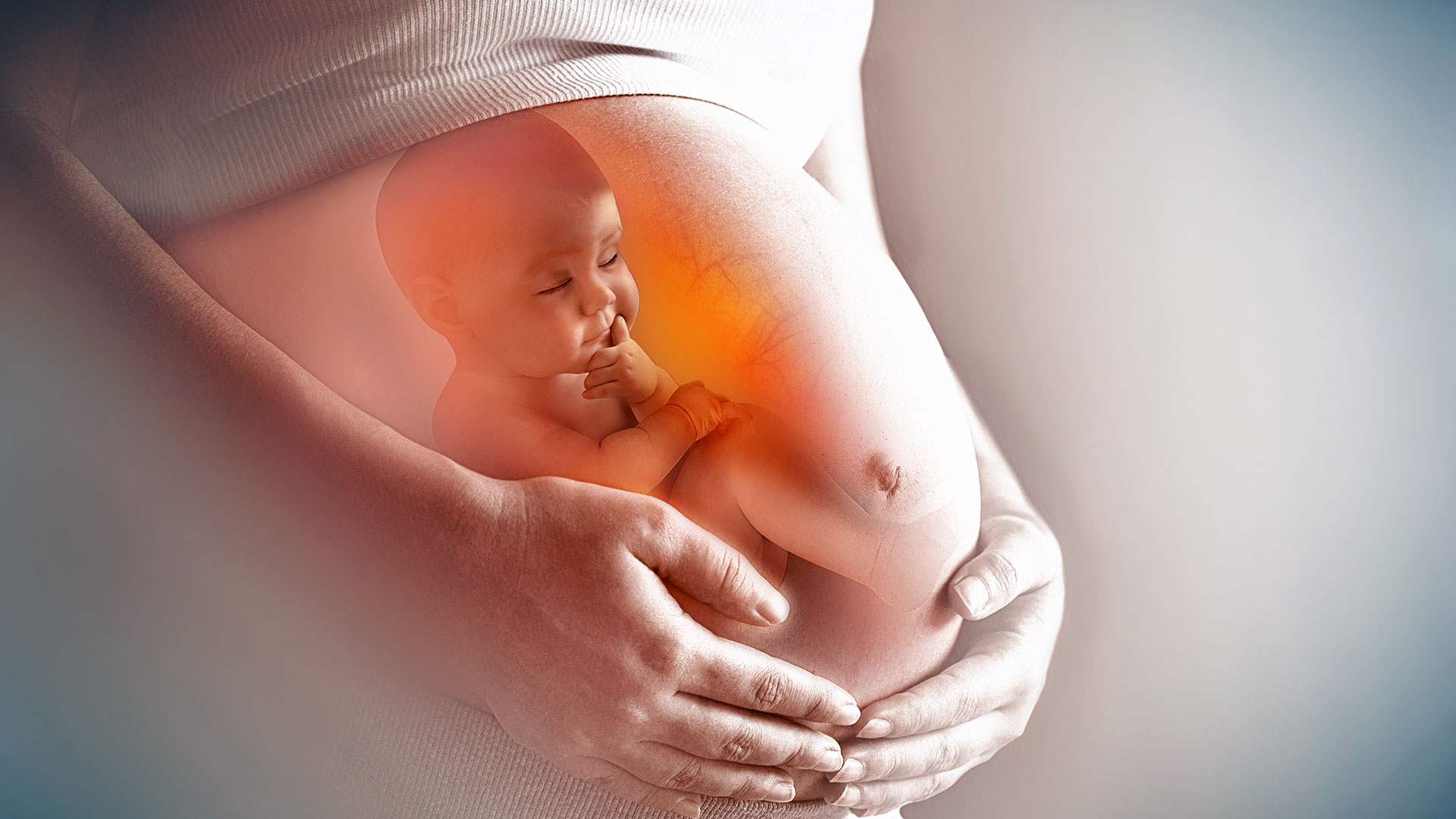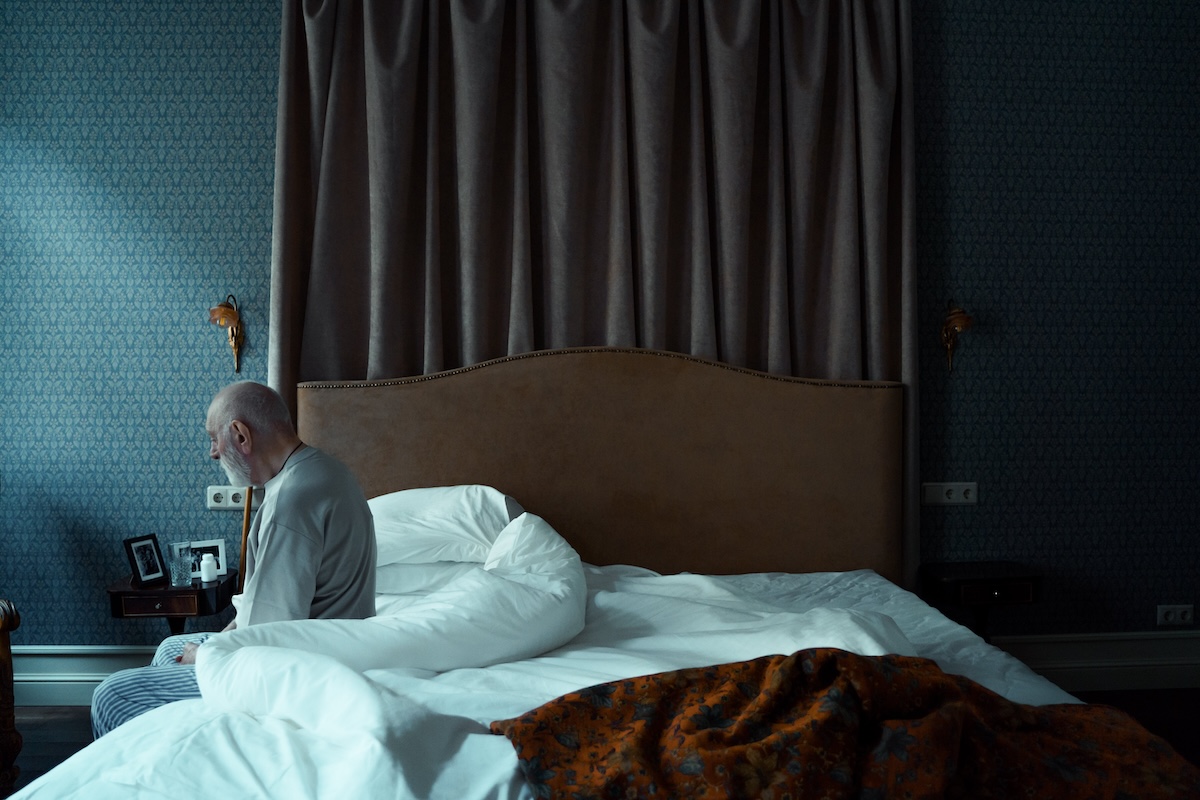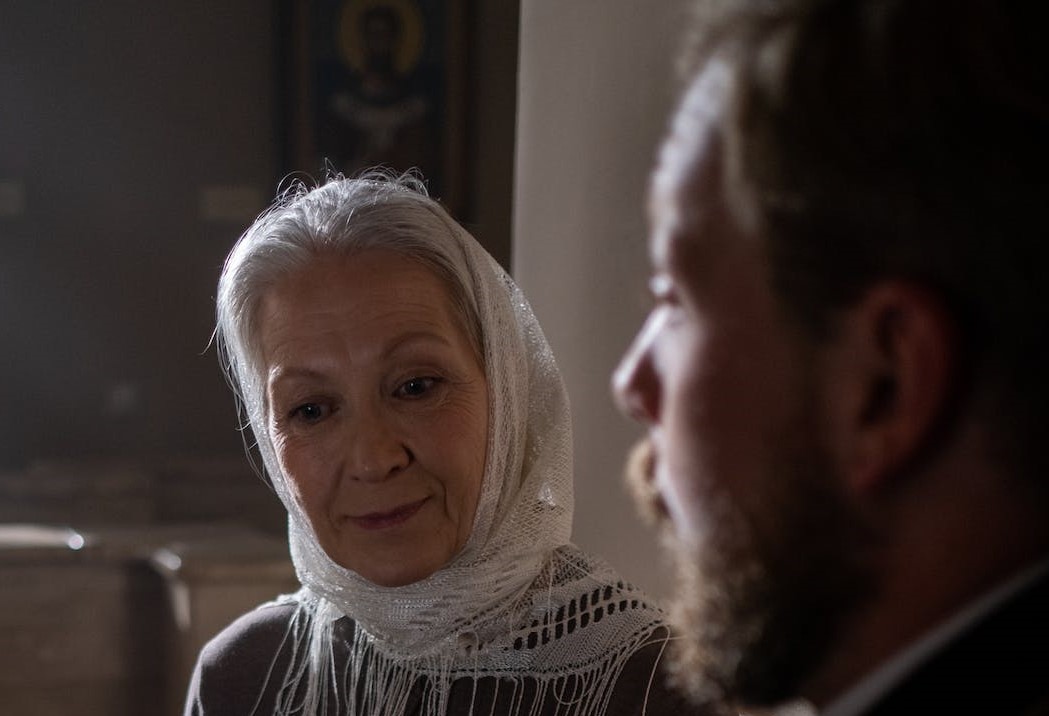
NT Government Intending to Legalise Assisted Suicide and Doctor-Initiated Death
The NT Government is currently holding an inquiry into assisted suicide and euthanasia (doctor-initiated death). Speak up for life on this tragic issue by 1 March.
The NT Government is currently proposing to bring in what it calls ‘voluntary assisted dying’ (VAD). Sadly, other states have already passed similar legislation. The NT Government considers itself to be playing ‘catch-up’.
VAD is a term that includes two different things: euthanasia/doctor-initiated death and assisted suicide.
What is Euthanasia/Doctor-Initiated Death?
‘Euthanasia’ is the common term referring to a doctor initiating a patient’s death (e.g. through a lethal injection).
The word ‘euthanasia’ is a poor and biased one. It comes from two Greek words, ‘eu’, meaning ‘good’, and ‘thanatos’, meaning ‘death’. The word means ‘good death’.
Biblically, however, there is no such thing as a ‘good’ death. Death is an enemy (1 Cor 15:26). The believer in Messiah achieves a good result from death – we are “with the Lord” (2 Cor 5:8). But death itself is always an enemy, which Jesus will destroy through resurrection (1 Cor 15:54).
If euthanasia is a ‘good’ death, how could anyone morally argue against it? Arguing against it would, by definition, be ‘bad’. Therefore, I will normally use the neutral phrase “doctor-initiated death” to refer to this practice.
What is Assisted Suicide?
Assisted suicide is where a physician helps the patient kill him/herself. An example is when a doctor prescribes a poison for the patient to ingest.
The Basis for ‘VAD’: A Non-Biblical Worldview
The government webpage for this inquiry states: “Every Territorian has a right to receive compassionate, high quality and accessible care at the end of their life.” To this, everyone agrees!
But then it goes on to say, “Community members are entitled to make decisions around managing their end of life care, like other Australians.”
In other words, assisted suicide and doctor-initiated death are accessible to other Australians, and they should be accessible in the NT too.
The NT Government has already decided – based on ‘autonomy’ – that each person has the right to kill themselves/be killed by a doctor.
And indeed, if the Bible is not true and there is no God who said “Do not murder” (Ex 20:13), then humans are free to make up their morality. The NT Government is assuming a secular, humanistic worldview.
But the reality is that murder is the taking of innocent life. Assisted suicide and doctor-initiated death are murder, and therefore should not be legalised.
Proponents of VAD argue it is the compassionate response for patients who are experiencing an end-of-life illness that causes great pain, much like we put down a pet.
However, no one should die in severe pain in Australia. As Cherish Life puts it, “Doctors should kill the pain, not the patient.”
The Australian Medical Association – which is against VAD – states, “For most patients at the end of life, pain and other causes of suffering can be alleviated through the provision of good quality end of life care, including palliative care that focuses on symptom relief, the prevention of suffering and improvement of quality of life.”
As a compassionate nation, palliative care should be readily accessible to all Australians.
Additionally, “All the peak medical advisory or representative bodies in Australia are opposed to euthanasia, and as are many around the world including the World Medical Association. In short, euthanasia legalisation is rejected by the vast majority of those on the front line of caring for the sick, elderly and disabled.”
Making a Submission
The NT Government is currently taking submissions on this proposal. Submissions must refer to the ‘terms of reference’, meaning they must answer one or more of the following questions found here.
However, nearly all of the questions assume that VAD should be legal. Of the questions to refer to, questions 1 and 6 (and possibly 8) are the best ones to submit objections to assisted suicide and doctor-initiated death.
These questions are:
1. What can the Northern Territory learn from the VAD experience in other jurisdictions, including overseas?
6. What safeguards need to be put in place for those accessing or providing VAD?
8. Any other question the panel considers appropriate.
The Australian Care Alliance has made an excellent submission to the NT Government which you can access here. Cherish Life has a very helpful resource page available at this link. Also, the Australian Medical Association’s position statement is accessible here.
Here are some points you can raise in response to these questions.
1. Learning from Other Jurisdictions
There is a great deal we can learn from other jurisdictions which demonstrate why VAD should not be legalised.
- Funding for palliative care often decreases, which is an outrageous abuse of compassionate care. It is in stark contradiction to the NT Government’s statement that “Every Territorian has a right to receive compassionate, high quality and accessible care at the end of their life.”
- When VAD was legalised in Western Australia, “an amendment to give people in the regions the same access to palliative care as those in metropolitan areas was defeated.”
- Since Victoria legalised VAD in 2017, the palliative care budget has been decreased.
- Legalising assisted suicide increases the rate of non-assisted suicide. This is because normalising assisted suicide normalises all suicides.
- Here is one example from the Netherlands. “After the legalisation of euthanasia there was an 110% increase in overall suicides, which included a 10% increase in non-assisted suicides.”
- Another example is the increase in elder suicides in Victoria after the legalisation of VAD. This was despite the argument made that VAD would decrease suicide.
- The slippery slope is real. Jurisdictions that introduce VAD relax their restrictions over time. Once assisted suicide is legalised, it is easy to increase its scope over time.
- Belgium is now euthanising children.
- In the Netherlands, VAD is “now tolerated for newborns with a disability, for troubled teenagers, for Alzheimer’s and dementia sufferers (who cannot consent) and for those who simply feel that they’ve completed their lives and are now ‘tired of life’.”
- While VAD is usually restricted to people 18 years and over, the ACT is considering making it available to those 14 and over.
- In Canada, a woman chose VAD because she couldn’t find housing.
- In Canada, a paraplegic former member of the Canadian military was offered euthanasia after battling unsuccessfully to obtain funding for a wheelchair ramp in her home.
- As VAD is accepted, more and more people access it. In Canada, VAD was legalised in 2016. Just over 1,000 people opted to die via this method. In 2021, that number had risen to just over 10,000.
6. What Safeguards are Necessary?
The simple answer is that it is not possible to put in effective safeguards to provide VAD. Therefore, VAD should not be legalised.
The Australian Care Alliance has published 12 categories that demonstrate ‘wrongful deaths’ – deaths under VAD that should not occur – are impossible to safeguard. These are available on their website and in a downloadable brochure here.
Here are some reasons why it is not possible to put effective safeguards around VAD.
- Wrong diagnosis. A patient can be given a terminal diagnosis, but the assessment can turn out to be wrong. Dr Stephen Child, Chair of the New Zealand Medical Association (NZMA) told a NZ parliamentary inquiry in 2016, “On diagnosis, 10 to 15 per cent of autopsies show that the diagnosis was incorrect.” As a result, the NZMA did not support euthanasia.
- Wrong prognosis. We have all heard of stories where a person was given months to live, yet went on to live much longer than this – even many years longer. A study published in 2000 in the British Medical Journal found that for patients given a prognosis of 12 months, more than one in ten people may live for 2 years or more.
- Unable to access effective treatment. This is where people miss out on treatment that could have helped them. A case in point is from the NT, during the nine months when VAD was legal from July 1996 to March 1997. During this time, four deaths occurred under Dr Philip Nitschke. There is evidence that two of these patients who died could have benefited from medical treatments that weren’t available to them.
- Coercion, including elder abuse. It is impossible to rule out factors that may be swaying a patient towards assisted suicide/doctor-initiated death. The patient may feel, even subliminally, that assisted suicide is the right thing to do because he/she doesn’t wish to be ‘a burden’. As Dr Stephen Child stated, “Decisions however are often influenced by circumstance, by fear of what the future might hold, by concern for loved ones and by societal expectations, which can cause direct and indirect coercion in decision-making.” Considering that elder abuse is “a serious problem” in Australia, there are situations where family members suggest, promote or coerce a person into VAD. As the “National Elder Abuse Prevalence Study: Final Report” records, financial, physical, and psychological abuse are prevalent and severely concerning ongoing issues.
Sending Your Submission
Submissions can be emailed to the VAD Inquiry at vadinquiry@nt.gov.au.
Printed and written submissions can be posted to: Project Management Office, GPO Box 4396, Darwin NT, 0801.
Submissions on this crucial inquiry close on 1 March 2024.
___
Photo by Kampus Production.
2 Comments
Leave A Comment
Recent Articles:
10 April 2024
2.6 MINS
On the 75th Anniversary of the 1948 Universal Declaration of Human Rights, the Pontiff of the Catholic Church, Pope Francis, has published a major document entitled “Dignitas Infinita” or “Infinite Dignity”.
28 January 2024
3.6 MINS
As we stand for truth, there is sometimes a danger of viewing people based on their camp and forgetting something common to all humanity. All of us are sinners, and all of us deserve God’s wrath.
16 January 2024
2.2 MINS
Euthanasia advocates originally argued that legalising assisted suicide would lead to less elder suicides.
15 January 2024
3.4 MINS
When euthanasia was legalised for the terminally ill, it was inevitable that it would be expanded to include children and people with disabilities. The slippery slope is not a fallacy: it's a prophecy.
9 January 2024
9.8 MINS
The culture of death clearly surrounds us in Australia. All States of the Federation have now legalised some form of Voluntary Assisted Dying (VAD).
28 December 2023
2 MINS
The Australian Capital Territory (ACT) is on the brink of implementing the most permissive euthanasia laws in the country, perpetuating a concerning culture of death.
26 December 2023
2.7 MINS
Why does a bloke wake up every morning to fight, not just for his community, but against his own colleagues, just for the ability to fight at all?





































Thanks Samuel for alerting us to this, another abominable assault on the sanctity of life.
Submission done.
Thanks Ian. We appreciate your submission, and also your comment, as this encourages others to speak up too!